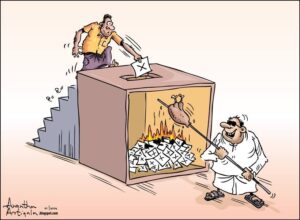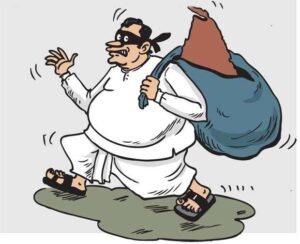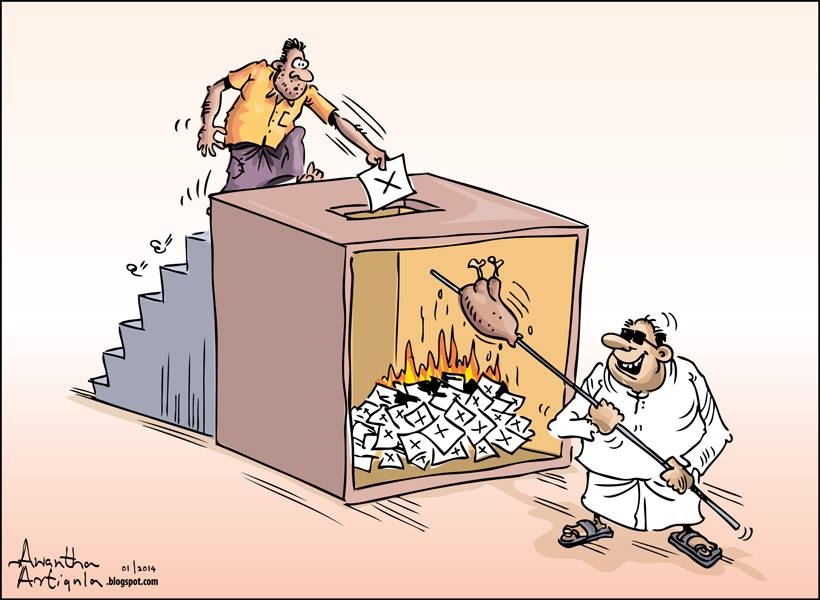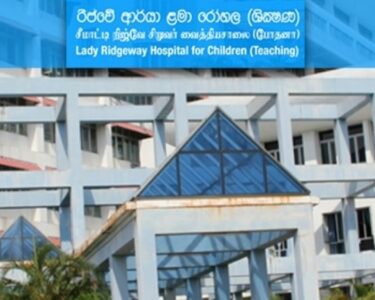Sri Lanka’s Anti-Corruption Efforts: A Mixed Response from Legislators
Recent reports indicate that at least 90 out of 225 Sri Lankan legislators have not yet disclosed their assets and liabilities to the Commission to Investigate Allegations of Bribery or Corruption (CIABOC). This disclosure is required under the latest Anti-Corruption Act.

New Legal Requirements
A recent amendment to the Anti-Corruption Act mandates asset and liability disclosures from a wide range of public officials. These include the President, Prime Minister, Members of Parliament, Provincial Governors, Provincial Council Members, elected representatives, officers of Local Government bodies, judges, and government officials appointed by the President. This move aims to enhance transparency and accountability in public service.
Compliance and Non-Compliance
As per the CIABOC’s official website, only 135 MPs have complied with the new requirement. This list comprises the Prime Minister, the Speaker, 13 cabinet ministers, the opposition leader, 24 state ministers, and 95 Members of Parliament. Despite this progress, nearly 40% of legislators have yet to submit their declarations, raising concerns about full compliance with the new law.
Context and Background
The amendment to the Anti-Corruption Act is part of President Ranil Wickremesinghe’s administration’s commitment to the International Monetary Fund (IMF) to implement strong anti-corruption measures under a $3 billion bailout package. While Sri Lanka has numerous laws aimed at preventing corruption, analysts point out that the enforcement of these laws has historically been uneven.

Deep-Rooted Corruption
Corruption in Sri Lanka is seen as entrenched in both government and private sectors, often perceived as a norm by many citizens. Despite campaign promises, no political leader has effectively tackled the issue. Political corruption in Sri Lanka includes bribery, nepotism, misuse of public funds, and a general lack of accountability. This pervasive corruption has discouraged foreign investment due to bureaucratic hurdles and demands for bribes, hampering development projects and eroding public trust.
Public Demand for Change
The economic crisis of 2022, which led to Sri Lanka declaring bankruptcy and defaulting on sovereign debt, has heightened public demand for accountability and reform. Many citizens attribute the crisis to corruption at the ministerial and bureaucratic levels. The call for eliminating corruption has intensified, with both local and international pressure pushing for substantial changes.
Moving Forward
While the new Anti-Corruption Act represents a significant step toward transparency, the mixed response from legislators highlights the ongoing challenges in combating corruption. Consistent enforcement of anti-corruption laws and genuine political will are crucial to restoring public trust and fostering a more transparent and accountable governance system in Sri Lanka.







